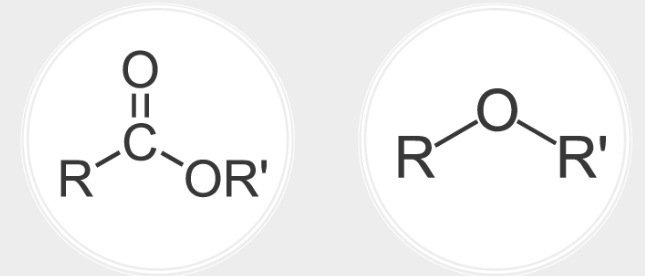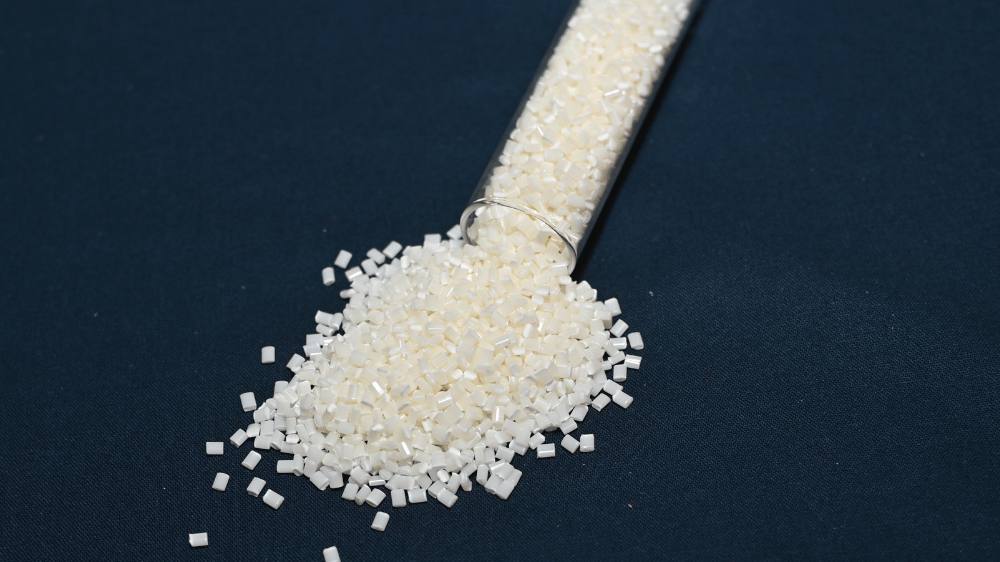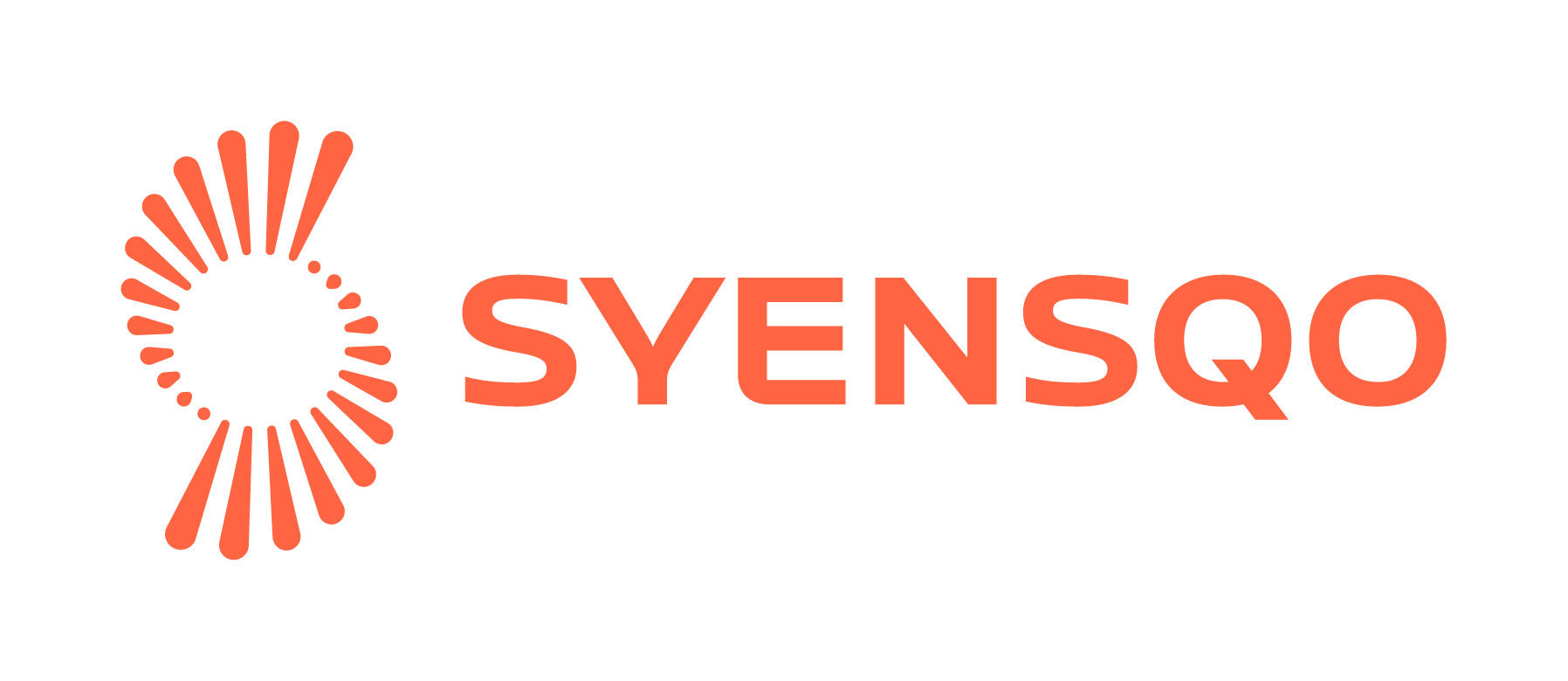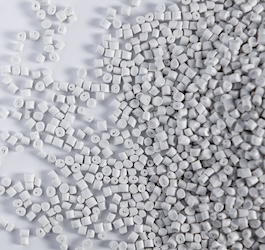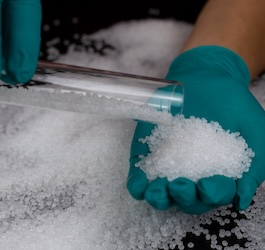Driving Innovation: SKYPEL Thermoplastic Reshaping the Automotive Industry
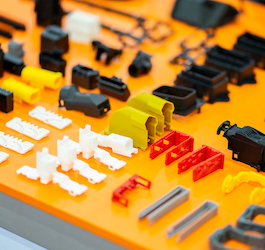
In the dynamic world of automotive engineering, materials play a pivotal role in shaping the future of vehicle design, efficiency, and sustainability. Among these materials, SKYPEL, a versatile thermoplastic elastomer, stands out as a game-changer in automotive applications. This resilient and adaptable material is not merely a component but a driving force behind innovation, transforming the way vehicles are built and perform. Let's explore the multifaceted impact of SKYPEL thermoplastic in the automotive industry.
Enhanced Comfort and Design Flexibility
SKYPEL’s flexibility extends beyond its physical properties to design flexibility in automotive applications. The material can be molded into intricate shapes, allowing for the creation of components that enhance both aesthetics and functionality. In interior applications, SKYPEL can be found in seat components, armrests, and other touchpoints, providing a comfortable and ergonomic experience for passengers. Its ability to maintain flexibility across a broad temperature range ensures that these components remain durable and reliable in varying climates.
Resilience in Challenging Environments
SKYPEL’s resilience in challenging environments makes it an invaluable material for automotive applications. It exhibits excellent resistance to chemicals, oils, and abrasion, ensuring that components made from SKYPEL can withstand the harsh conditions encountered on the road. From under-the-hood applications to exterior components, SKYPEL’s durability contributes to the longevity and reliability of automotive systems.
Vibration Dampening and Noise Reduction
The automotive industry places a premium on creating a comfortable and quiet driving experience. SKYPEL excels in this regard, as its elastomeric nature makes it an effective material for vibration dampening and noise reduction. Components such as bushings, mounts, and seals made from SKYPEL help isolate vibrations, minimizing road noise and enhancing the overall comfort of the vehicle. This not only improves the driving experience but also contributes to a quieter and more refined cabin environment.
Fuel Systems and Sealing Solutions
SKYPEL’s chemical resistance and ability to maintain flexibility at low temperatures make it a preferred choice in fuel system components and sealing solutions. Whether used in fuel lines, hoses, or gaskets, SKYPEL ensures the integrity of these critical components, providing a reliable and leak-resistant system. This not only enhances safety but also contributes to the overall efficiency of the vehicle.
The Road Ahead: SKYPEL’s Continued Impact
As automotive engineering continues to evolve, SKYPEL thermoplastic is poised to play an even more significant role. The material's adaptability and durability position it as a driving force behind the development of next-generation vehicles. From electric cars to advanced autonomous systems, SKYPEL’s impact will extend across various aspects of automotive design and performance, contributing to a future where vehicles are not only efficient but also environmentally conscious.
In conclusion, the integration of SKYPEL thermoplastic in automotive applications represents a paradigm shift in material innovation. Its unique combination of flexibility, durability, and versatility has propelled it to the forefront of automotive engineering. As the industry continues to navigate towards a future defined by efficiency and sustainability, SKYPEL stands as a resilient and transformative force, steering the automotive landscape towards innovation and progress.




